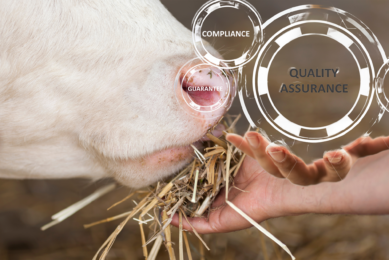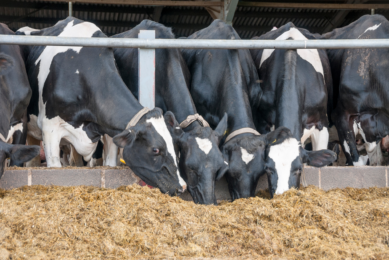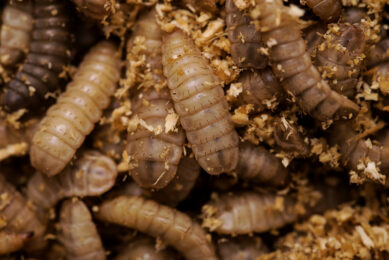Celebrity chefs fail to deliver
On the occasion of the 50th anniversary of the European Feed Manufacturers organisation Fefac, Mairead McGuinness, member of the European Parliament was invited to give a speech.
Her talk focused on the burden of regulation regarding feed safety, the main issue in animal feed and food production nowadays.
“Regulations we put in place should serve the intended purpose,” she said. In this perspective McGuinness welcomed Fefac’s first Environment Report on the sustainability of EU livestock production.
According to her this report shows leadership in the global challenges of climate change and food security and the need for all sectors to play a role in the sustainability battle.
Indeed, the Environment Report of Fefac in a compact, easy-to-read manner describes the achievements of the European feed industry with regards to sustainable management of feed resources, climate change and energy use and feed safety.
No EU-wide agreed methodology for the calculation of the Global Warming Potential of compound feed has been set. Therefore different initiatives on national levels have been launched to evaluate green house gas emissions linked to compound feed production.
For example, the ‘Energy Club’ of French Technical Institute of the Compound Feed Sector Tecaliman over a 20-year period monitored energy consumption in the feed sector.
Their recordings show that energy savings in feed mills has dropped from around 73 KWh/tonne in 1985 to just over 61 kWh/tonne in 2007, a reduction of 20%.
In the UK the relative energy consumption and CO2 emissions in the feed sector have improved compared to base year 1999. Overall CO2 savings of 12% have been achieved.
Sweden’s largest feedmiller, Lantmännen, set up a system for the calculation of GHG emissions taking into account the cultivation & processing of ingredients, transport to the feed mill and feed production.
Lantmännen calculated an average value between 450 and 520 g CO2 equivalent per kg of compound feed. The large majority comes from cultivation and processing while transport and feed manufacturing account for around 9% and 7% respectively.
These initiatives and outcomes should be widely published and handed over and explained to regulators and policy makers. This way they receive science based and practice proven records of what is really happening in the industry.
With initiatives such as of Fefac I can only support McGuinness’ comment on Fefac’s Environment Report: “Others are pretending to do likewise, calling for meat free days and enforced vegetarianism – these get the headlines, but fail to get results. Research and science is the way forward not populist bleating of celebrities or worse still celebrity chefs,” she said. “They always fail to deliver.”











